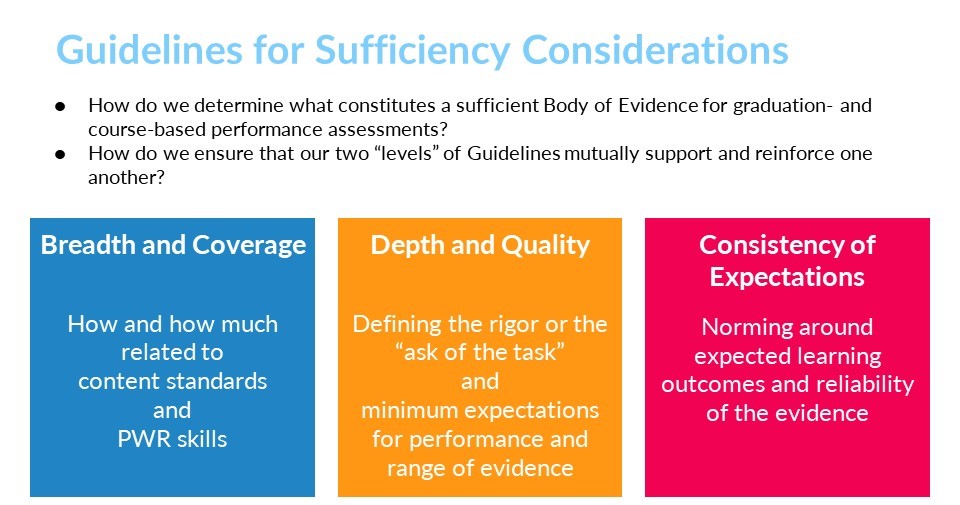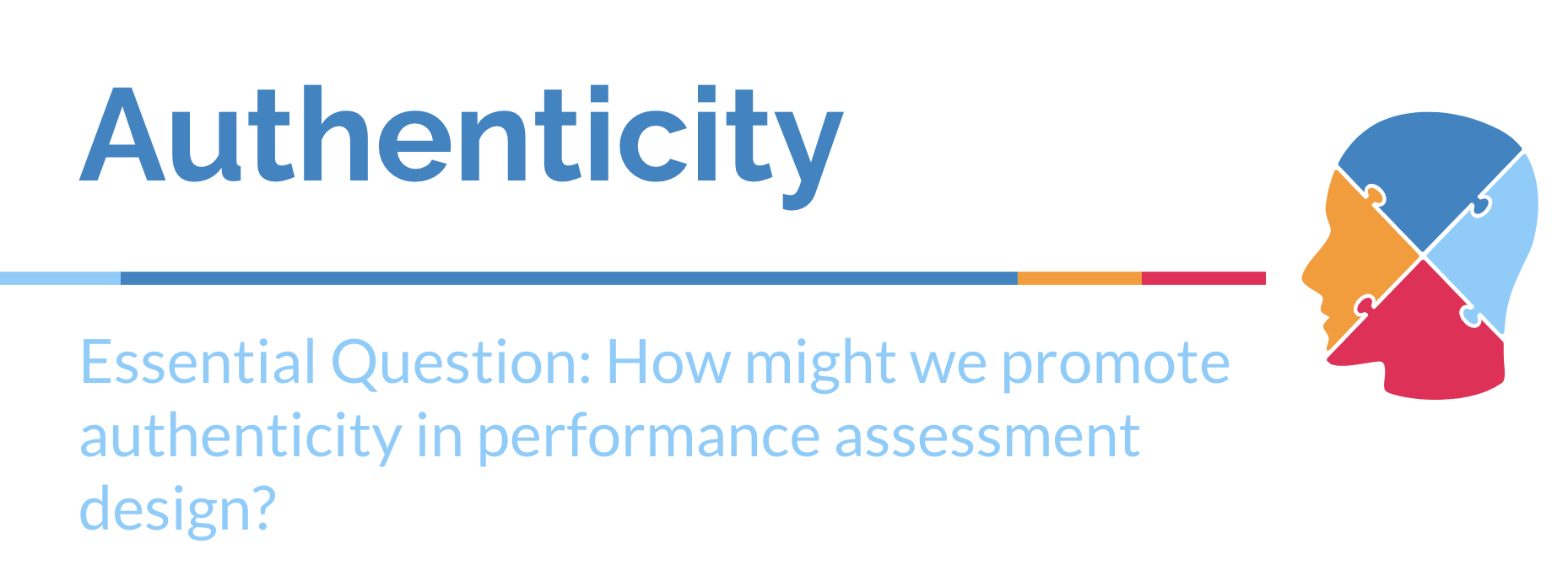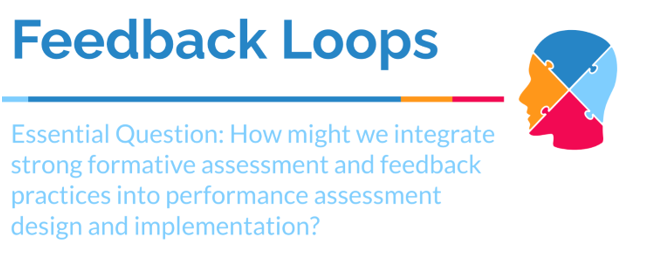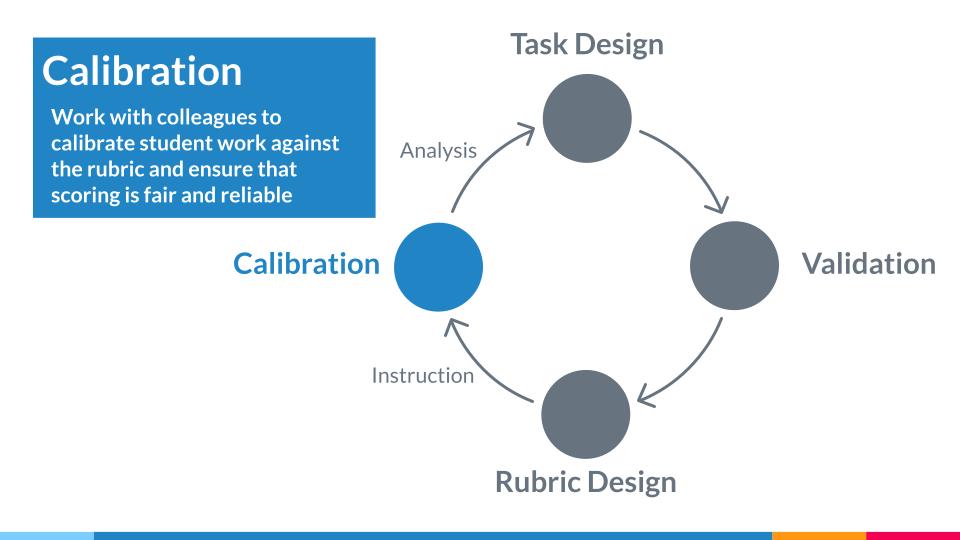Topic outline
-
-
Welcome to Colorado’s Performance Assessment Design and Implementation Modules!
These modules were originally created to support the 2020-2022 Performance Assessment PLC in collaboration with Colorado educators and our partners at 2Revolutions. The modules have been updated and now made available here in CDE’s professional learning Moodle platform. These modules will provide you with access to all resources in one place, allow you to track your learning, and connect with educators from across the state.
-
-
-
Just like Rome, a quality performance assessment isn't built in a day. They take time and often multiple iterations are necessary before settling on a version that works for students. For that reason, think of the design process as a cycle and not as a linear procedure.
The Performance Assessment Cycle
As educators learn to design performance assessments, they sometimes ask, "How do I know if my performance assessment is good?" While there are protocols and tools to strengthen a performance assessment before deploying it in the classroom, the richest data about the strengths and weaknesses of a particular performance assessment comes once it is implemented with learners and the work they produce is examined.
The Performance Assessment Cycle is an iterative design process, requiring educators to engage in a cycle of drafting, implementing, gathering data, and refining. The slides below depict the stages of this process and describe the activities associated with each stage. As you move through this work, you will engage in each step of the Performance Assessment Cycle. This module introduces task design and the process of drafting an engaging, authentic, and rigorous performance assessment.
-
WHY: Understanding the Colorado Academic Standards and Performance Assessment Design Elements
-
TRY IT OUT: Build your Performance Assessment Plan
-
-
-
HOW is rigor integrated into rubric design?
** STILL NEED PPT AT END **
-
-
-
-
This module will help you develop guidelines for collecting sufficient evidence in terms of breadth, depth, and consistency.

-
-
-
-
-
-
-
-





